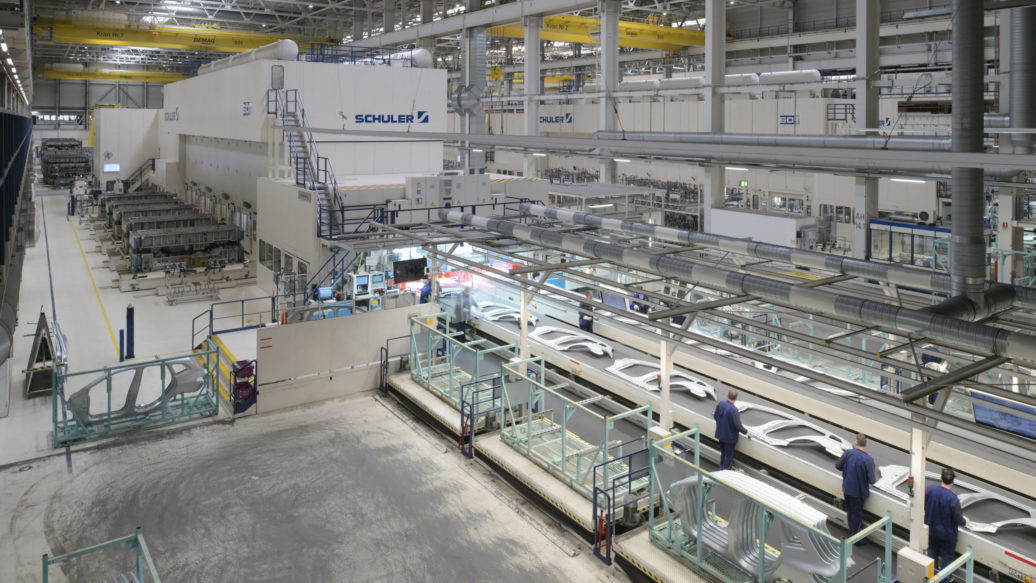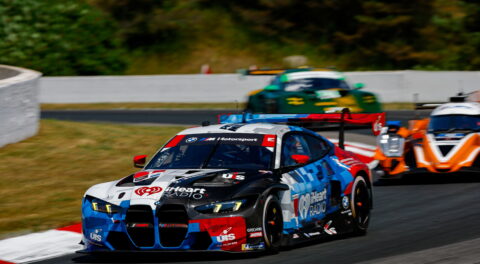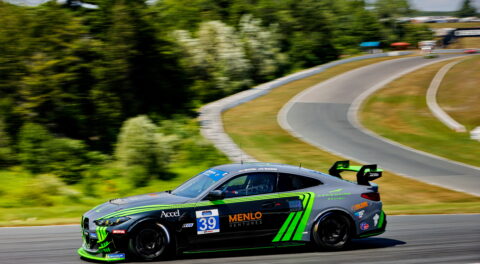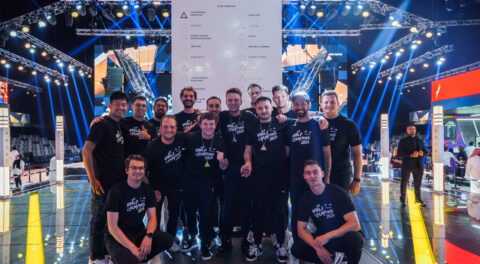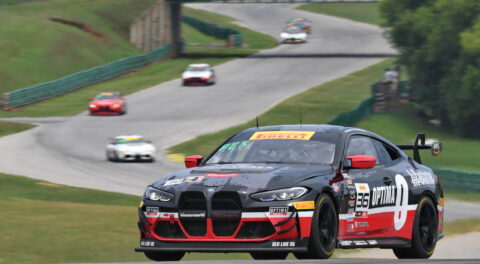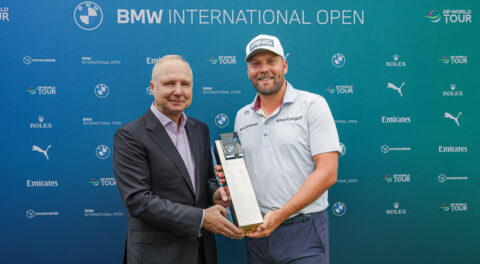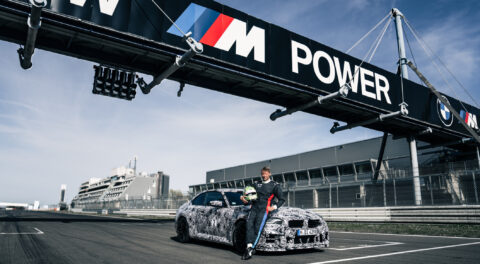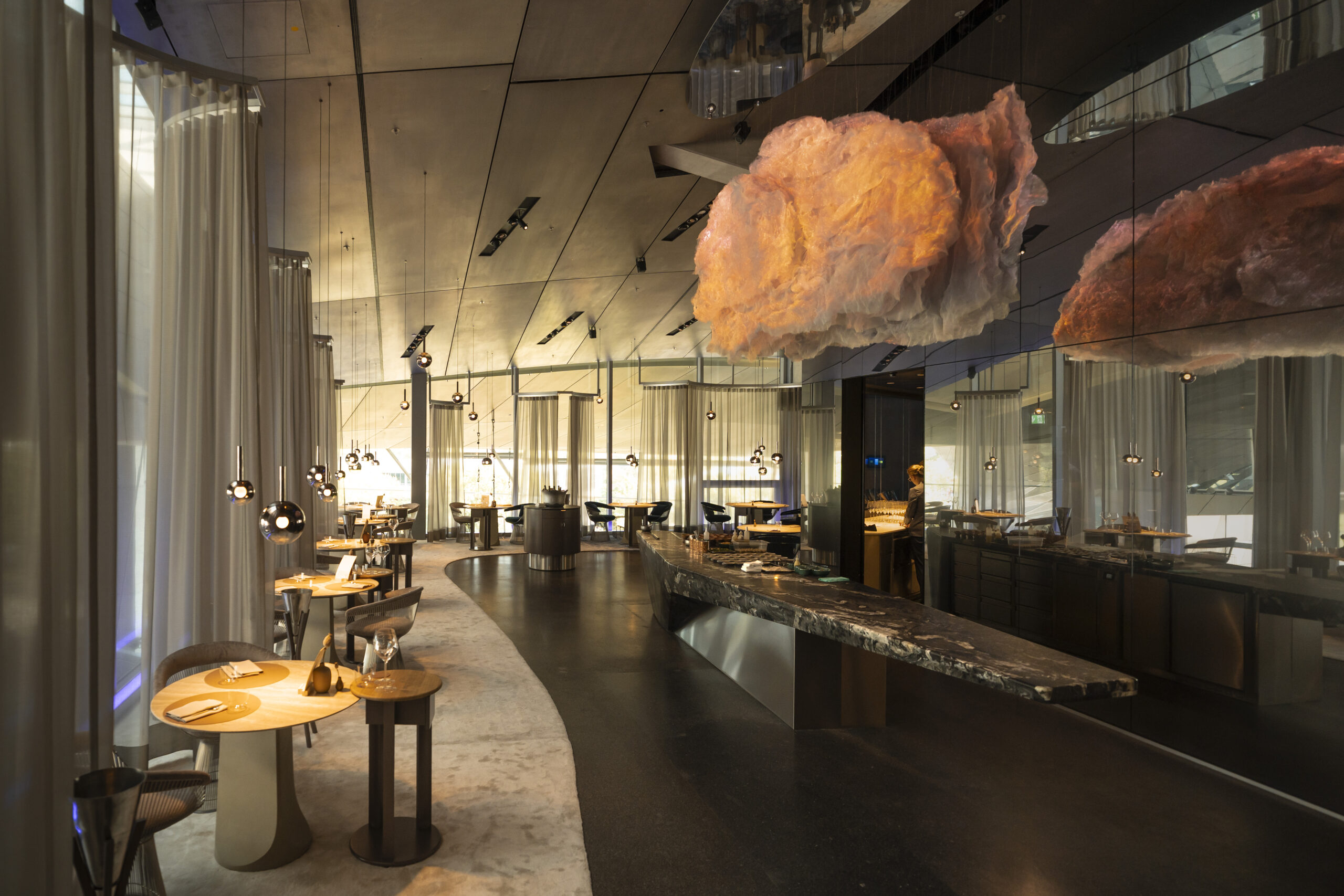The BMW Group has entered into an agreement with German steel producer Salzgitter AG for the procurement of low-carbon steel for use in production. Under the agreement, the first deliveries of low-carbon steel for use in series production will begin in 2026, and the material is to be produced using a hydrogen-driven process. The arrangement with Salzgitter is the second that BMW has entered into within the last six months for the sourcing of low-carbon steel, the first of which, with Swedish startup H2 Green Steel, is set to see deliveries begin in 2025. Both suppliers will be able to satisfy more than 40% of the demand for steel at BMW’s European plants, and the minimally impactful production process is said to reduce carbon emissions by as much as 95%.
“This is an important step in substantially reducing CO2 emissions at source in the supplier network,” said Joachim Post, member of the Board of Management of BMW AG responsible for purchasing and supplier network. “Our aim is to reduce vehicles’ lifecycle carbon footprint with a holistic approach. With steel, in particular, we are leading the way by sourcing low-carbon steel for our plants in Europe in the future.”
Although BMW previously experimented with carbon-fiber vehicle composition and continues to use carbon-fiber reinforced plastic in numerous models today, steel remains a key input in the construction of nearly every modern automobile. BMW says steel will remain one of the most important materials for car production and will continue to account for a large proportion of the body and many components. However, because the conventional blast furnace production method results in high carbon emissions, the material represents opportunities for improvement.
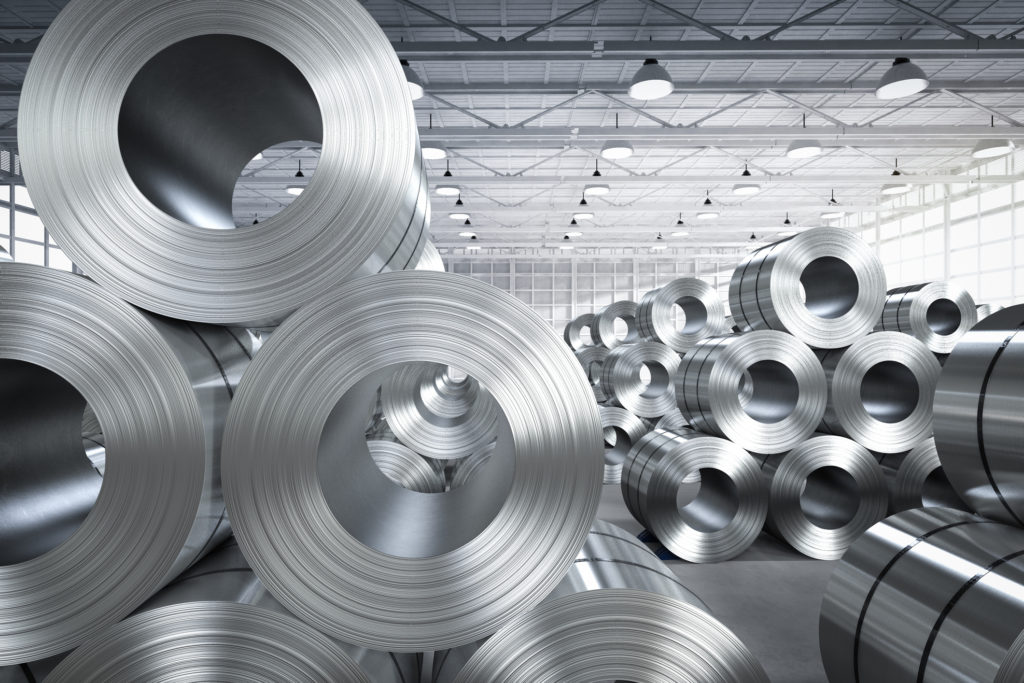
BMW’s agreements with Salzgitter AG and H2 Green Steel include the use of hydrogen in place of coal used in the traditional blast furnace production method. Hydrogen is used to reduce iron ore to iron in a solid form, which is subsequently melted down with steel scrap in an electric arc furnace powered by renewable energy. If the hydrogen itself is produced using electrolysis powered by renewable energy as well, carbon emissions are reduced to just 5% of what they were with the conventional process. Currently, steel production is reported to account for 8% of global carbon emissions.
In addition to reducing emissions in the production process, BMW has been working with Salzgitter to reuse excess steel and sheet steel waste for more than five years. Referred to as secondary steel, when a delivery of steel rolls is made at BMW Group Plant Leipzig, steel remnants that would otherwise be disposed of as scrap are picked up and used in the creation of new material, which is then delivered to a BMW plant for use. A similar process happens at other European BMW plants, where steel waste is either reused through what’s described as a direct material cycle or sent back to a steel producer for processing into new material. Carbon emissions associated with the production of secondary steel are said average 50–80% less than those from primary steel, and BMW plans to increase the use of secondary steel in vehicle construction to up to 50% by 2030.
Beyond BMW’s agreements with Salzgitter and H2 Green Steel, the automaker invested in Boston Metal through its venture capital fund, i Ventures, last March. Boston Metal has developed a process referred to as molten oxide electrolysis to produce steel. Molten oxide electrolysis relies on an electrolysis cell to produce molten iron that is subsequently processed into steel. Provided that the energy required for the process comes from renewable sources, steel produced by way of molten oxide electrolysis is said to be free of carbon.
Steel isn’t the only metal that BMW is looking at to reduce associated emissions. Last February, the automaker engaged with Emirates Global Aluminum for the sourcing of aluminum produced using solar power, a move that is said to allow BMW to avoid 2,800,000 tons of carbon emissions over the next decade.—Alex Tock
[Photos courtesy BMW AG.]

